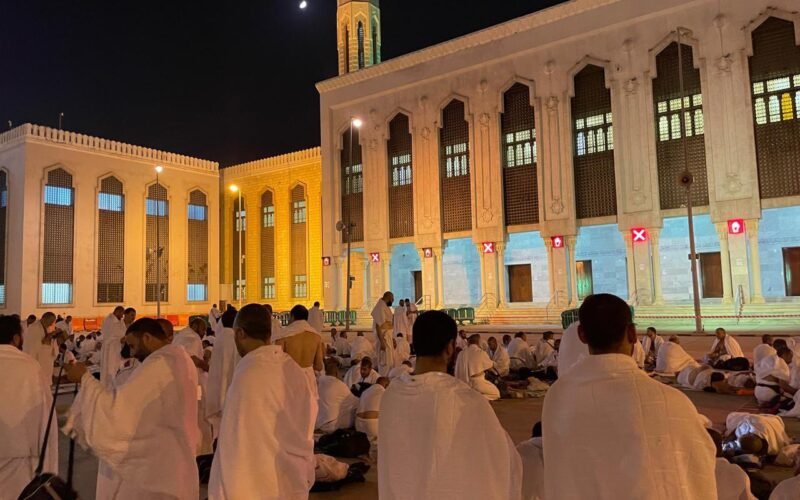The annual Hajj is of great importance to Muslims around the world and is considered one of the Pillars of Islam.
“There is no virtue more to the liking of Allah in any day than these days”
Holy Prophet (SAWW) [Abu Dawood 2438]
However, not everyone can participate in the sacred journey of Hajj but the 10 Days of Dhul-Hijjah brings us closer to Allah and offers us the opportunity to participate in various prayers that bring us rich rewards. In addition to fasting on the day of Arafah, there are several services that individuals can attend during this blessed time.
Keep a fast if you are not performing Hajj
A highly recommended measure for those who do not participate in Hajj is fasting on Arafah Day which is the 9th day of Dhul-Hijjah and the second day of Hajj. This day is of great importance and is considered one of the most blessed days in the Islamic calendar.
When Prophet Muhammad (Peace be upon him) was asked about fasting on the day of ‘Arafa (9th of Dhu’I-Hijja), whereupon he said: “It expiates the sins of the preceding year and the coming year“. [Sahih Muslim 1162]
This statement highlights the immeasurable rewards and forgiveness that come from observing the fast.
In addition to fasting, it is recommended to attend other prayers during his first ten days of Dhul-hijjah. These actions include Dhikr which is remembering Allah, reciting the Quran, giving Sadaqah, performing nafl prayers (such as Tahajjud), seeking repentance for past sins from Allah, and reciting Takbir.
Participating in these acts allows individuals to maximize their good deeds and get closer to Allah during this auspicious time.
Not all Muslims can participate in the pilgrimage, but the 10 days of Dhul-hijjah is an opportunity to attend various prayers and ask for Allah’s blessings and forgiveness.
In addition to fasting on the day of Arafah, performing dhikr, and reciting the Quran, along with voluntary prayers, acts of charity, asking for forgiveness and repentance, supplications, and acts of kindness are all recommended actions during this sacred period.
By accepting these acts of worship, whether we perform Hajj or not, we can make the most of the blessings of Dhul-Hijjah and draw closer to Allah. May Allah accept our deeds and give us mercy and forgiveness.


 WhatsApp Channel
WhatsApp Channel
 Instagram
Instagram
 Facebook
Facebook
 X (Twitter)
X (Twitter)
 Google News
Google News